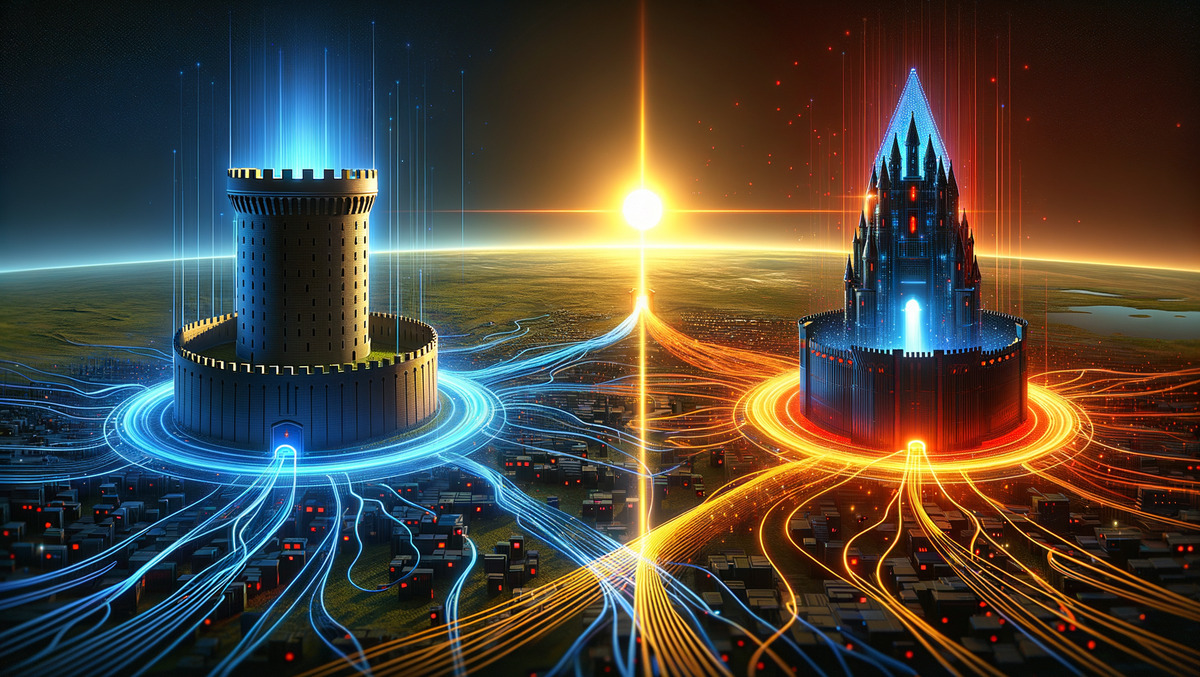Nvidia unveils Workbench for managing AI workloads, updates Omniverse
Nvidia has recently focused more on its support for AI applications, but it still had plenty of news from CEO Jensen Huang in a keynote address during the annual computer graphics conference, SIGGRAPH.

Nvidia has recently focused more on its support for AI applications, but it still had plenty of news from CEO Jensen Huang in a keynote address during the annual computer graphics conference, SIGGRAPH.
Huang had a few AI announcements to make, including the release of AI Workbench, a new PC application enterprises can use to help create AI models and deploy them to their data centers or to the cloud. There was also an update to Nvidia AI Enterprise, version 4.0, adding support for the company’s cloud-native NeMo framework to build large language models (LLMs), as well as a new tool to manage multiple instances of Triton inference server to scale AI systems more easily.
Plus, Nvidia is working with Hugging Face, provider of a platform for training and tuning generative AI models, to accelerate model training. Hugging Face will add Nvidia DGX Cloud as one of the cloud-based destinations to which enterprises can send their training workloads.
As befits a conference about computer graphics, though, most of the news revolved around Nvidia Omniverse, the company’s platform for real-time 3D graphics collaboration. This is used across enterprises, from engineering, simulating prototypes, or arranging production lines, to marketing, using CAD files to render photorealistic images, and video for packaging or advertising.
Making USD the common currency
Omniverse is built around Universal Scene Description, a framework for exchanging 3D graphics data developed by Pixar and later released as an open-source project, OpenUSD. Despite its name, it’s not quite universal, with different vendors implementing it in different ways. That prompted Nvidia to team up with Adobe, Apple, Autodesk, and Pixar to form the Alliance for OpenUSD (AOUSD) at the start of August to standardize the specification and promote USD interoperability.
Nvidia hopes this will make USD—and by extension, its USD-related products—more widely adopted.











